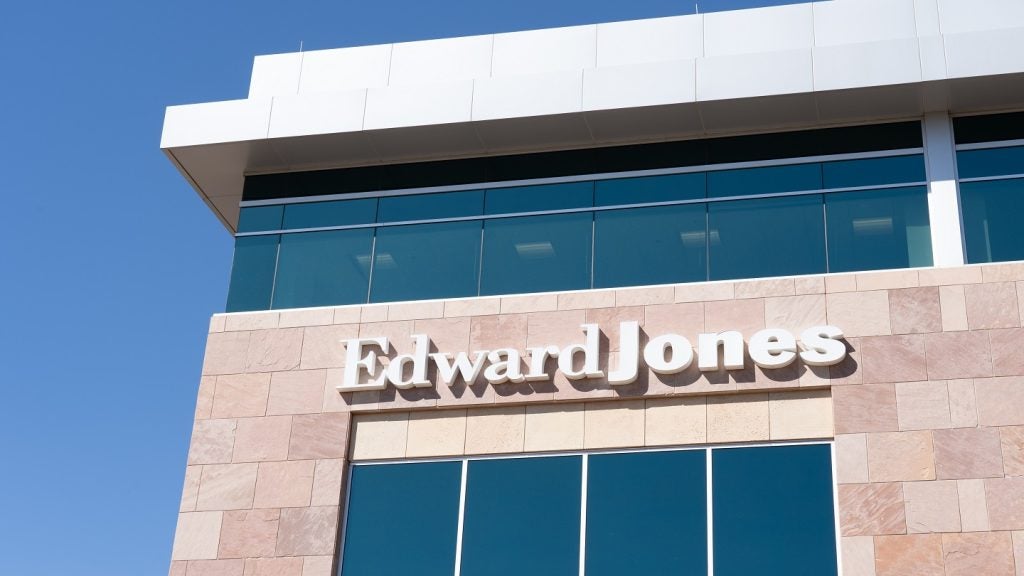DBS is at the vanguard
of self-confident Asian banks challenging the large US and European
players. Private bank head Tan Su Shan talks to Will
Cain about her goal of making DBS Asian wealth manager of
choice for the ‘New Asia’ a year since she took on the
job.
 Growing assets under
Growing assets under
management (AuM) by 40% in three years at any private bank might be
considered a daunting challenge. Doing it at a bank recently
involved in a product miss-selling scandal makes it even more
difficult.
That is the task facing DBS Private
Bank head Tan Su Shan after switching to the Singapore-based wealth
manager from her role at Morgan Stanley last year.
Highlighting the scale of the
challenge, Tan identified a list of between 80 and 90 things that
needed to be addressed when she arrived in July 2010.
“Gosh there were a lot of things,”
she says. “We have done most of it now.”
The changes were needed in part to
prevent a repeat of a miss-selling scandal which cost the bank $84m
in payouts to disgruntled clients in 2010.
Tan has strengthened the DBS
Private Bank management team, installed a new technology platform
and invested in thousands of man-hours of training for staff. She
says her approach since arriving at DBS can be summarised in four
words: “People, products, processes and platforms”.
Strong leadership
team
People have been a particularly
important part of the strategy. DBS Private Bank has made 28 new
hires since Tan arrived from Morgan Stanley, where she was head of
Southeast Asian private banking. New people have been added across
the board: in leadership positions, relationship manager roles and
in the middle and back office.
Among the most high profile have
been the appointments of chief operating officer Olivier Crespin
from Citi Private Bank and chief investment officer Lim Say Boon
from Standard Chartered.
Process and platforms have also
been strengthened through the installation of Avaloq’s wealth
management system across the bank’s operations, from front to back
office. The system increases straight-through processing, allows
more sophisticated use of credit facilities on portfolios and
offers consolidated client reporting.
Ramping up
risk-profiling
It also reduces the likelihood of
further miss-selling scandals, according to CIO Lim. The platform
allows each wealth management product to be given a risk rating of
between one and five. Clients’ risk appetites are also stored in
the system.
“For example, if you have a
mid-risk client wanting to buy a high risk product, the system will
stop the transaction,” says Crespin.
“To be able to go through with it,
we would need to get some justification to allow the transaction to
be completed.”
Conversations with clients are
taped and stored within the system to keep a record of these
agreements.
“It also depends on how good we
have been at rating the product,” adds Crespin.
“That is really happening outside
of the Avaloq system. DBS has put in place a team of product
specialists and we are reviewing the rating of the risk of each
product.”
Asian wealth manager of
choice for the New Asia
As well as strengthening sales
processes at the bank, Tan has been tasked with establishing DBS as
the ‘Asian wealth manager of choice for the New Asia’.
This reflects Asia’s growing
influence in the global economy and the increasing self-confidence
within its private banking industry to challenge US and European
peers.
The past three years have seen the
emergence of banks including DBS, Bank of Singapore (UOB), Bank of
China, Australia’s ANZ and Japan’s Sumitomo Mitsui as rivals to the
likes of UBS, Credit Suisse and HSBC Private Bank in the
region.
The growth of these domestic
private banking businesses is being driven by a mixture of global
and local trends according to Tan.
First, the financial crisis
weakened US and European players. Tan says she saw assets under
management money flow out of her previous bank Morgan Stanley to
Asian-headquartered private banks like DBS during and after
2008.
The second reason is that
Asian-based banks have deeper relationships with the Asian
multinational companies and small to medium-sized enterprises.
“If you have a local advantage in
understanding the business, the currency, the country and the
sector, then you have a strong advantage in also understanding the
wealth management process needs and solutions of that client,” says
Tan.
Local
advantages
These local advantages were
apparent at the end of 2010 when DBS was among the first to offer
renminbi-denominated products to clients after China’s central bank
liberalised its policy on the currency.
“To be the Asian wealth manager of
choice you jolly well better be the first to offer Asian currency
products to Asian-thinking clients,” says Tan.
“Your product had better be
Asia-friendly, your asset allocation had better be Asia-friendly
and you better have solutions that are also Asia-friendly.”
Tan says the new Avaloq platform
had played an important role in allowing DBS to be first-to-market
with its Chinese yuan offer. She claims the bank still has the
widest range of yuan, or yuan-denominated, products, ranging from
deposits to foreign exchange forwards, options, bonds and equity
funds.
“Taking a lead out of the lessons from the launch of the euro
for example, it went from zero to €300bn [$429bn] quite quickly,”
she says. “Now it is a €15trn market. You can’t afford to ignore
it.”







